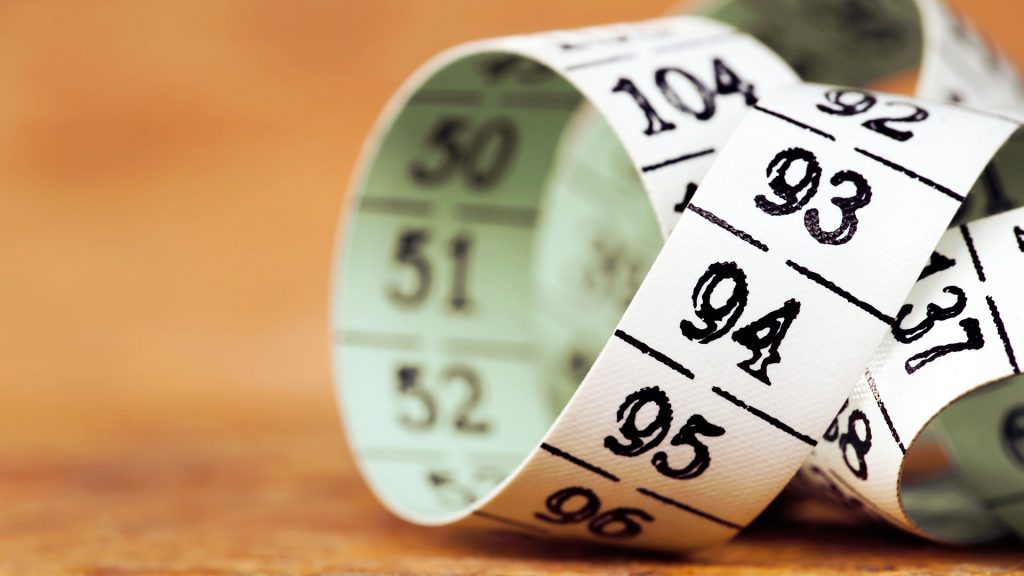We are not here to assign blame, so it is important to understand that obesity is all about energy or calories balance. Food is calories. Physical activity uses or burns up calories and calories that are not burned up are stored as fat. Eating more than the body needs makes for excessive fat storage, as the energy input exceeds the energy output. Foods to suit palates of all kinds are far too easily available and most of us lead sedentary lives; such is the recipe for weight gain. In order to lose weight or stay slim and yet ‘live to eat’, there is a need to increase activity or exercise. So, should the blame lie on easy food and an even easier life? (Anyway, this is how I can explain my gain of 20 kg, no excuse though!) The problem, especially for most of who are information-initiated, is that it is as if talking about obesity and acknowledging it is enough to make the fats go away.

After all, like Ah Fai, I do not have any related illnesses. There is no immediate motivation of any sort to lose weight in spite of the knowledge I have. Sociologists note that many men view their body as a machine, such that if it is not broken, it doesn’t need fixing.
Men’s uptake of health promotional messages and use of health facilities are generally poor. However, sexual health issues easily catch most men’s attention. Ah Fai has testified that he is always comfortable with being obese. He has been obese as a child and has never had any social or health issues arising from being obese and has always considered himself healthy enough. He is aware of the link between obesity and various illnesses back then and has annual physical examinations but has always put off losing weight when advised to do so.

It is actually a reduced libido that has got him started on a weight reduction program in 2002. Health promotional messages he has heard of previously suddenly became more real and personal. His libido returned with medical weight management, but Ah Fai is not taking any chances with his general health. It may be because he is now aware that most of the related illnesses can each have their own individual impact on sexual health. He has also decided to lessen his risk of having high blood pressure or diabetes or other related illnesses by losing more weight.
Thanks to my friend’s reminder six months ago, I am now down to a healthier 83 kg. One’s energy input and output check against weight is definitely easier when one is motivated. More health promotional work in weight management is needed but I still can have that second plate of chicken rice every now and then (My personal weight manager from Toa Payoh can vouch for this!). Ah Fai will also gladly serve you that second plate of chicken rice and discuss weight loss with you, but just do not eat towards being fat and, together with a sedentary lifestyle, take the chance, no matter how slim you might choose to perceive it to be, of having lousy sex.

“Studies also suggest that men who are physically active and lean are less likely to have erectile dysfunction.”
Impotence, or erectile dysfunction, is the inability to achieve or maintain an erection of sufficient quality for satisfactory love-making. It doesn’t refer to ejaculation, fertility or libido. Patients often look for causes, which can be psychogenic, hormonal (uncommon), drug-induced, vascular or diabetes. Investigations would involve first-line blood tests to determine anomalies in testosterone, thyroxine, prolactin, luteinising hormone or glucose and other tests to determine nocturnal penile tumescence, LFTs, GGT (alcohol effect), etc. If the cause is psychogenic, the patient will be referred for personal or sexual counselling. If it is due to testosterone deficiency, there are hormone supplements available. If not, there’s always the option of Viagra.

